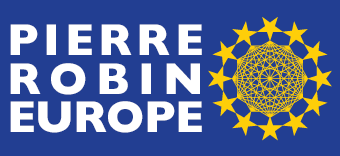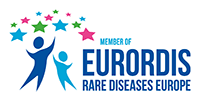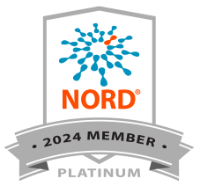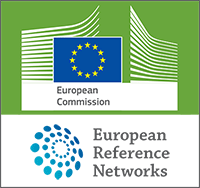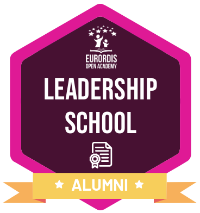Letter to Dr. Irene Mathijssen, Coordinator, ERN-Cranio, 24 November 2021
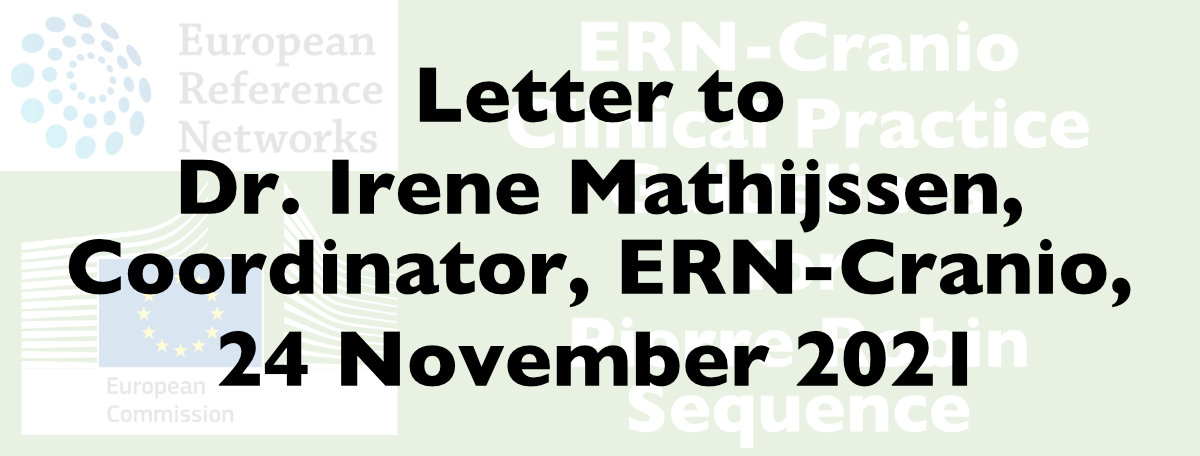
Letter to Dr. Irene Mathijssen, Coordinator, ERN-Cranio, 24 November 2021
From: Philippe Pakter, pakter@pierrerobineurope.com
Date: Wed, Nov 24, 2021 at 11:27 PM
Subject: Re: ERN-Cranio Clinical Practice Guidelines, Pierre Robin Sequence
To: I.M.J. Mathijssen, i.mathijssen@erasmusmc.nl
Dear Irene,
I am writing to follow up on our telephone call yesterday evening concerning ERN-Cranio and the EU Clinical Practice Guidelines for the rare disease, Pierre Robin Sequence. The purpose of this message is to summarize one of the important issues we discussed. That issue involved a possible way forward for the benefit of all parties concerned, including the ultimate stakeholders – babies born with the rare disease, Pierre Robin Sequence.
During yesterday evening’s talk I proposed a conference call between you, me, Corstiaan Breugem and Christian Poets. Corstiaan and Christian are two of the most highly recognized Pierre Robin Sequence experts in the world.
ERN-Cranio did not give either Corstiaan or Christian any opportunity at all to contribute to the first draft of these EU Clinical Practice Guidelines. Therefore, the proposal I presented was that you as ERN-Cranio’s Coordinator would give these two world-class experts the opportunity to identify the aspects of the document which are most problematic, and to implement the changes that they consider most important. The goal is to involve both of them in the Guideline Development Group right now, as if they had been involved in the Guideline Development Group from the very beginning – and to permit them to contribute, right now, what they would have contributed before, had they been involved before, in the February through November 2021 period.
You explained to me that Corstiaan and Christian and their respective Orphanet Centers of Expertise in Amsterdam and in Tübingen will become official members of ERN-Cranio effective January 2022. You said that their feedback on the first draft would therefore be duly considered, together with the feedback of other healthcare providers which will be admitted to ERN-Cranio in 2022. All of this feedback, you said, would be carefully reviewed by the Steering Committee, which is composed of Erasmus Rotterdam, Utrecht University Medical Center, and the Great Ormond Street Hospital. I emphasized that this would not be acceptable; I explained that this would not be acceptable to me, or to the other board members of the organization I am with, Stichting Pierre Robin Europe. Corstiaan and Christian together possess more Pierre Robin Sequence research experience, Pierre Robin Sequence patient volume, and Pierre Robin Sequence international consensus building practice, than any other Pierre Robin Sequence experts in Europe. As such they should have been involved in the formulation of the clinical questions and in the writing of the first draft, and their exclusion from the first draft must be corrected retroactively. They must be given the opportunity to contribute now what they would have and wanted to contribute long before.
Please let me know if this proposal is acceptable to you?
In that case I would be happy to identify a day and time when the three of you are available for a conference call.
In a separate email I will contact you and ERN-Cranio ePAG representative Gareth Davies to discuss what I learned from you yesterday concerning the Pierre Robin Sequence patient survey and who did and did not receive it. Thank you.
Kind regards,
Philippe Pakter
Stichting Pierre Robin Europe, chairman
Member, EURORDIS, The European Organisation for Rare Diseases
Member, VSOP, Vereniging Samenwerkende Ouder-en Patiëntenorganisaties
PhD candidate, law: “Access to healthcare in Europe: the effectiveness of EU legislation in the context of rare disease patients”
